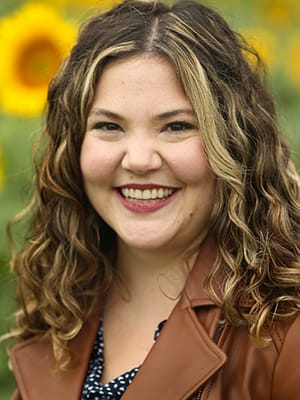KANSAS CITY, Mo. — Jeff Jones has lived on his family’s land east of Columbia, Missouri, his entire life. Some of the family’s farms are more than 150 years old.
And Jones, who raises cattle and grows row crops, has no intentions of going anywhere.
But after years of fighting, his community is home to a concentrated animal feeding operation, or CAFO, that can raise as many as 10,000 hogs at any given time. The facility, which opened in 2019, houses the animals in barns built over concrete pits to store manure for months at a time.
Jones and CAFO critics consider them a health hazard — or at least a nuisance. One of the most common complaints is the stench from hog manure and dead animals.
“I’m farmer to the bone. My nose is tough. This is unlike anything I’ve ever experienced,” Jones said of the Callaway Farrowing CAFO. “This is like breathing straight ammonia. It’ll make your eyes water.”
Jones is part of Friends of Responsible Agriculture and said he fought the Callaway CAFO “tooth and nail.” But the CAFO permit went all the way up to the Western District Court of Appeals, where it was upheld.
Some rural communities in northwest Missouri have successfully fought off CAFOs. One facility proposed for Livingston County withdrew its permit request earlier this year after opposition and a lawsuit from neighbors. In 2019, the Valley Oaks Steak Company southeast of Kansas City, announced it would close its doors after an earlier attempt to expand.
But in Jones’ view, it’s getting harder for local communities to stop industrial hog farms.
“They’re passing laws out of the benefit of money instead of out of the benefit of people, so the people’s voice is becoming less instead of more,” Jones said.
In 2019, Missouri had more than 500 CAFOs, according to the Missouri Coalition for the Environment — far less than the thousands in Iowa, the largest pork producing state in the United States.
The Missouri Department of Natural Resources did not provide data on the number of permitted CAFOs each year, but according to its website, it has issued permits for about 20 more since 2019.
An attorney representing several communities fighting CAFOs in their backyards said the number seemed to be on the uptick. But an attorney for the industry said the number of the largest CAFOs — permitted to house 17,500 swine or more than 7,000 cattle — was stagnant.
Neighboring Kansas has about 435 CAFOs and more than 2,400 smaller livestock operations.
Craig Volland, of the Kansas Chapter of the Sierra Club, said the number had grown steadily.
One CAFO in Greeley County in far Western Kansas has 180 hog barns and was looking in 2014 to expand to become the second largest in the country.
Volland said right-to-farm rules in Kansas have made the state more friendly to CAFOs. But until recent years, regulators stuck close to federal CAFO rules in issuing permits.







